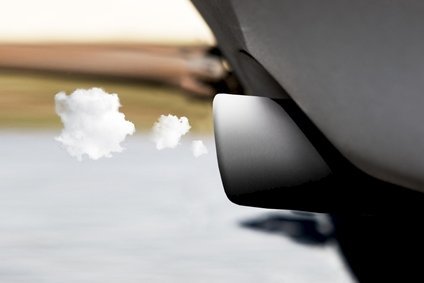
Work has started in the European Commission (EC) to mull even stricter environmental goals as the relentless drive to cut CO2 emissions continues.
Carmakers are required to ensure that their new vehicle fleet does not emit more than an average of 130g of CO2 per kilometre by 2015 and 95g by 2020-2021, with a recent report by PA Consulting Group suggesting some premium automakers will fail to meet the targets, triggering potentially substantial fines.

Discover B2B Marketing That Performs
Combine business intelligence and editorial excellence to reach engaged professionals across 36 leading media platforms.
“Today’s transport system is responsible for around a quarter of greenhouse emissions and the vast majority of this comes from road transport,” Climate and Energy Commissioner, Arias Cañete said at this week’s European supplier association, CLEPA’s Annual Reception in Brussels.
“One of our priorities will be to increase energy efficiently. The most cost-effective way to reduce emissions is to make vehicles more efficient. I thank CLEPA for their efforts to make this happen.
“We cannot rest on our laurels. That is why the EC has started to reflect on new targets. This is to contribute to better and better technologies. This is music to our ears – heavy duty vehicles have to become more efficient as well.”
Despite the advent of new technologies, the Commissioner acknowledged “oil will be with us for many years to come,” with the market deciding on the best solutions whether they be conventional ICEs or new powertrains.
“In order to provide a long-term framework, in 2017 we will come forward with a comprehensive road transport package with alternative fuels and alternative transport solutions,” said Cañete.
“The future of the transport sector is full of exciting possibilities – no-one can develop alone – we need technical cooperation.”
The EC says in terms of fuel consumption, the 2015 target is around the equivalent of 5.6L per 100 km of petrol or 4.9L per 100km.
The 2021 target equates to around 4.1L /100km of petrol or 3.6L /100km of diesel.






